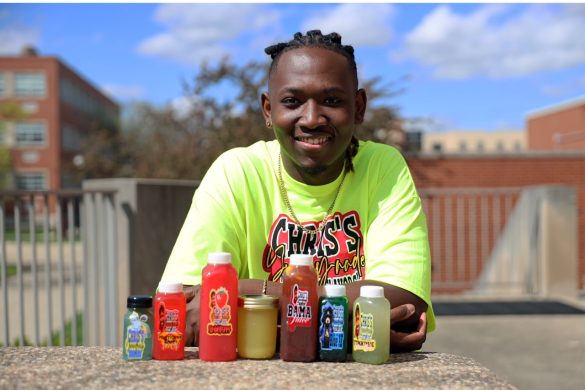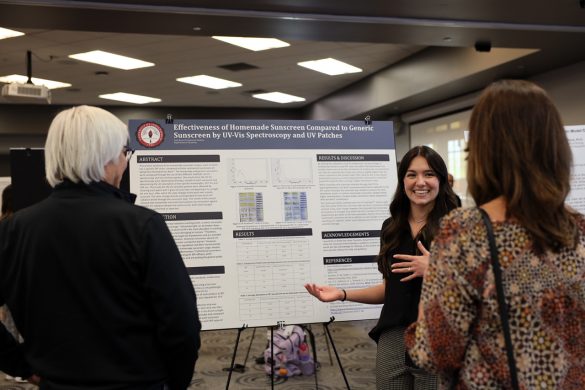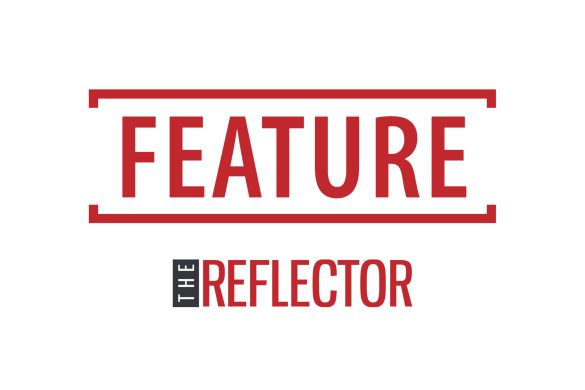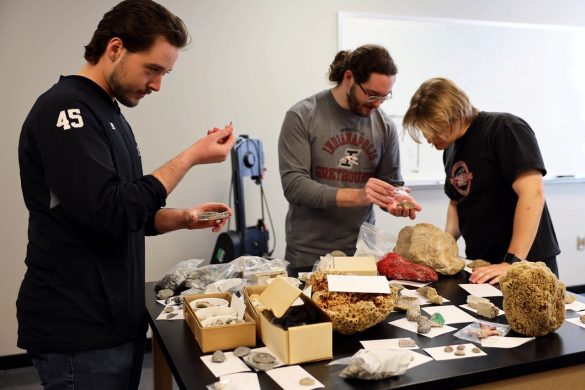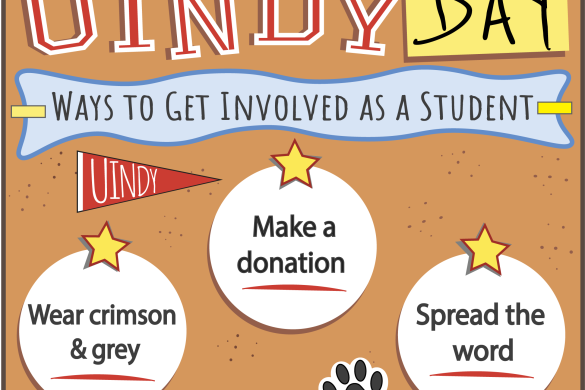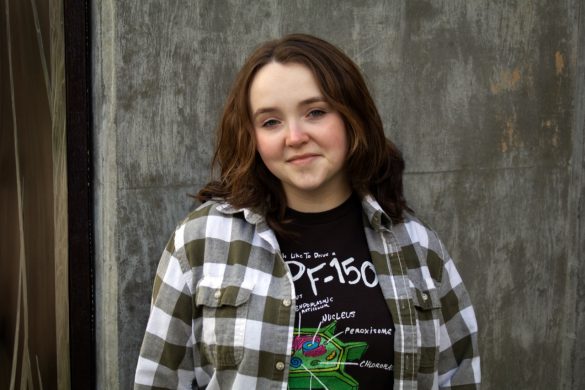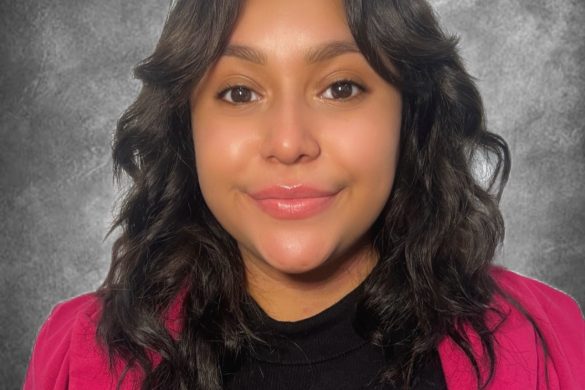When senior social work major David Carpenter first arrived at the University of Indianapolis, he said he was surprised to see the university did not offer any mental health support groups. According to Carpenter, while in an alcohol addiction recovery program, he met fellow senior social work major Jennifer Leonard, where the two collaborated to create a recovery-focused group on campus.
“We thought about doing something AA [Alcohol Anonymous] related at the beginning, but we were like, ‘let’s make it broad[er],’ more open, cause that can kind of turn students away,” Carpenter said. “So that’s really what started to get the ball rolling. And then Jenny started networking and bringing in a lot of students. That’s how we really started becoming the organization we are.”
Healing Hounds, according to Carpenter, is a peer support group for students dealing with mental health or addiction issues. Carpenter said he wants it to be inclusive to all students, as well as faculty and staff. Prior to being an official organization, Carpenter said he and Leonard hosted meetings in the Krannert Memorial Library where people would come and discuss the problems they were going through. However, meetings came to a sudden stop in February of 2020 due to COVID-19, according to Carpenter.
“Some of the students graduated, so the attendance got less and less and then COVID[-19] happened,” Carpenter said. “And we never had a chance to pick that ball back up and try it again. I would love to see that occur.”
Leonard serves as vice president for the group. According to Leonard, some of her duties include recruitment, networking and event planning. Although everyone has a specific role in the group, Leonard said she views the group equally as one.
“Everybody has different skills,” Leonard said. “We’re all [the] president. We all help each other. There are no leaders here.”
The Healing Hounds were honored with the 2020-2021 Student Organization of the Year award last year, Carpenter said. According to Carpenter, when making the club, their ambition was not to win the award, but to serve as many students as possible. He said the award could not have been possible without the help from the Social Work Association, a campus Registered Student Organization (RSO). Carpenter said that the two RSOs collaborated on an event this past spring, titled the “Out of the Darkness” walk, to help raise awareness for suicide prevention.
“It was very surprising to get the award, but we are very, very grateful and humbled,” Carpenter said.
The group’s main focus this semester, according to Carpenter, is the safeTALK Workshop. According to Carpenter, the safeTALK Workshop is dedicated to providing participants the tools and resources necessary to help someone that is struggling with suicidal thoughts or ideations.
“…There is a specific series of steps that they teach you in the workshop,” Carpenter said. “When you leave, you’re certified. You can have that certification and you can put that on your resume.”
Carpenter said he hopes to see the Healing Hounds establish a collegiate recovery community on the UIndy campus in the future. A collegiate recovery community is a large umbrella organization of groups on campuses around the nation that supply recovery services and peer support to individuals on those campuses, according to Carpenter. He said he believes that is the direction that Healing Hounds is headed in with new leadership within the group.
“I would love to see the Healing Hounds kind of not just be a student organization, but something that the entire university recognizes as a resource for people in recovery,” Carpenter said.
He said he encourages people to join Healing Hounds because the stigma surrounding addiction and mental health is finally starting to be addressed to a younger generation. Carpenter said he hopes people can be educated on the topic.
“I think students joining the Healing Hounds and advocating to reduce that stigma and helping one another, we’ll just break the barriers and change,” Carpenter said.
